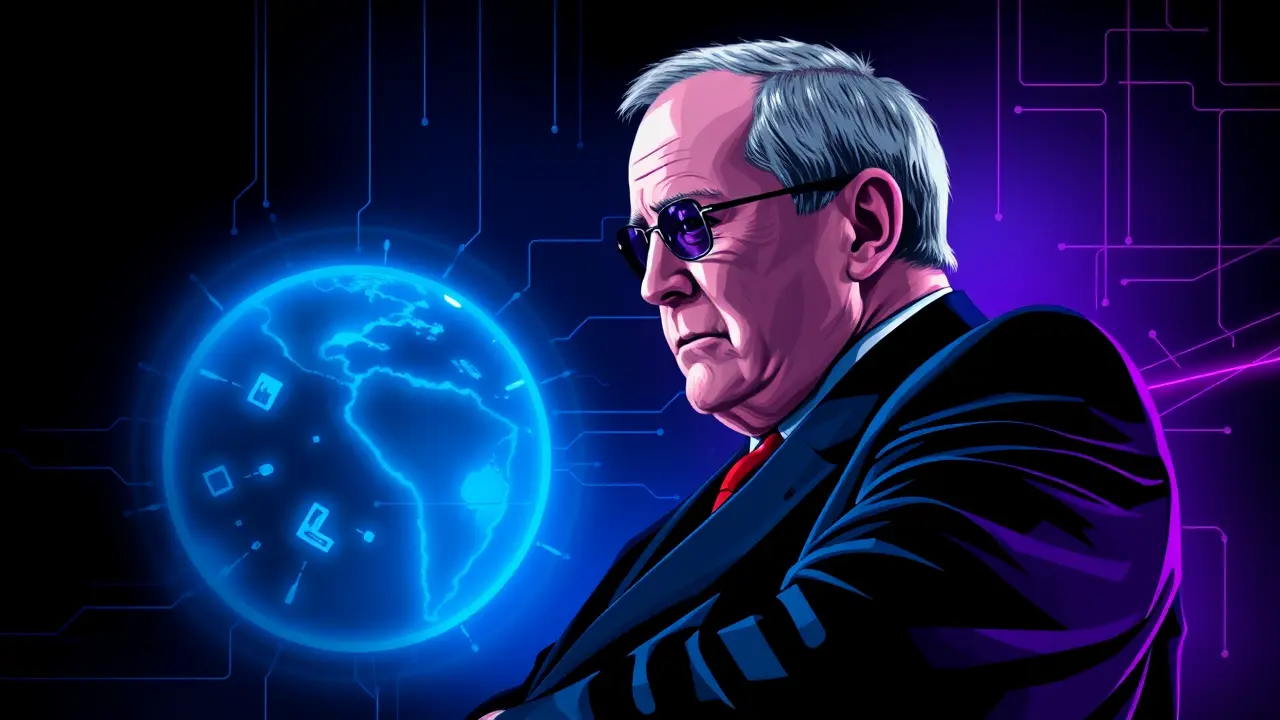
Politicsconflict & defenseMilitary Operations
The Legacy of Dick Cheney and Neoconservative Foreign Policy
RO
Robert Hayes
8 hours ago7 min read5 comments
The political demise of Dick Cheney’s neoconservative foreign policy represents one of the most profound ideological shifts in modern American statecraft, a stark repudiation of the interventionist doctrine that defined the early 21st century. Cheney, who served at the highest levels of power from the Cold War’s end through the Global War on Terror, operated with a conviction that American military supremacy could and should be used preemptively to shape global outcomes, a belief crystallized in the decision to invade Iraq in 2003.He remained unapologetic about this choice, insisting as late as 2018 that it was 'the right thing to do,' a stance that now places him in a lonely political wilderness, abandoned by a Republican Party that has traded his brand of assertive internationalism for the America First nationalism of the MAGA movement. The core tenets of Cheney’s worldview—a robust executive branch with minimal congressional oversight in matters of war, a preference for hard power over diplomatic engagement, and a willingness to employ controversial tactics from enhanced interrogation to expansive surveillance—were forged in the aftermath of 9/11 and have left an indelible, though largely discredited, mark on the nation’s strategic posture.As Richard Haass, president emeritus of the Council on Foreign Relations, astutely observed, Cheney’s approach was notably unsentimental; his drive for the Iraq War was not rooted in a Wilsonian desire to spread democracy but in a cold, calculated aim to prevent a terrorist attack involving weapons of mass destruction, a purpose he viewed as narrowly defensive despite its globe-spanning consequences. The staggering human and financial costs of the Iraq War, however, shattered the bipartisan consensus on American exceptionalism and made 'neoconservative' a toxic label, a political legacy that today’s politicians from both parties are keen to avoid.Yet, in a striking historical paradox, the Trump administration’s foreign policy, while rhetorically rejecting nation-building, echoes Cheney’s 'critics be damned' unilateralism and his comfort with the application of force, as evidenced by the escalating tensions and potential for regime change in Venezuela. The critical distinction, and perhaps the one lesson absorbed from the Cheney era, is a newfound emphasis on limited engagements designed to minimize American casualties and financial exposure, a tactical shift that does not wholly abandon interventionism but seeks to constrain its scope.Ultimately, Cheney’s legacy is a complex tapestry of unwavering principle and profound miscalculation, a vision of American power that was willing to pay a immense price for global leadership but ultimately contributed to a national retreat from it, leaving a void in U. S. foreign policy that continues to be contested between the poles of retrenchment and reluctant engagement.
#editorial picks news
#Dick Cheney
#neoconservatism
#Iraq War
#foreign policy
#legacy
#interventionism
Stay Informed. Act Smarter.
Get weekly highlights, major headlines, and expert insights — then put your knowledge to work in our live prediction markets.
© 2025 Outpoll Service LTD. All rights reserved.